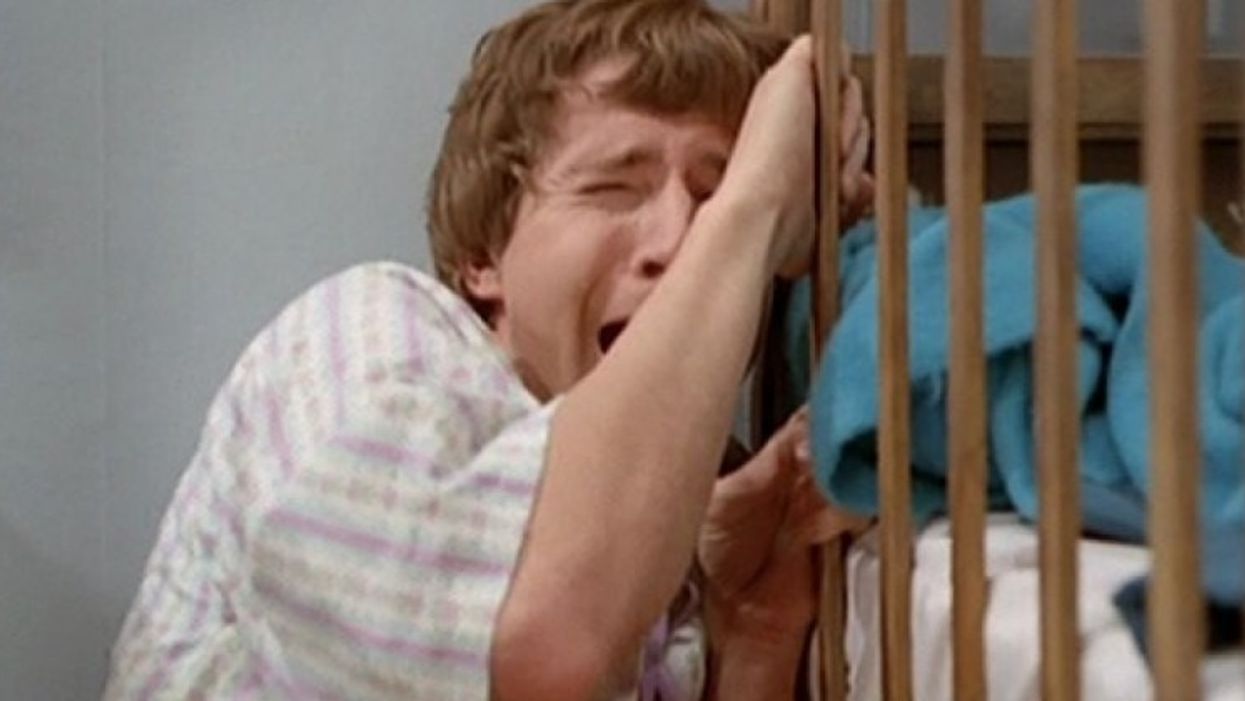Understand How These Genres Affect Our Movie Emotions
Films are empathy machines that will make us feel one of these five emotions.

Every movie you have ever watched has relied on the emotions you felt during its runtime. Unlike the emotions we feel throughout our day-to-day life, movie emotion is tightly framed and boundaried since it is under the control of the movie.
Movie emotion is safe and inconsequential, yet it can still have an unusually satisfying and pleasurable effect on us. Whether you are aware of this or not, a major function of movies is catharsis. Whatever the desired end state is, the audience will typically have a clear emotional goal at the end of a film.
So how do filmmakers visualize these emotional expectations for their projects? Stephen Follows, a film data and education site, and TellyMoods, an app that recommends films and TV shows across all existing streaming platforms based on real-time analysis of your mood, focused on the emotional promise of each genre of film.
What are movie emotions in genre films?
After looking at the 26,055 movies released in U.S. cinemas between 2001 and 2021, TellyMood’s data provided a value for one of five emotions—joy, sadness, fear, disgust, and anger.
There are many ways that movie emotions differ from our real emotions, but the effects of these movie emotions play heavily into what the filmmaker is trying to communicate to their audience. In films, the context or environment is limited even though the spectacle of what you’re watching is intense and wild.
Of course, some feelings can coexist in films, but that result is influenced by the viewer's relationship with the film’s context or the filmmaker’s desire to blend two emotions.
Let’s break down what genres elicit a specific emotion from their audience, and how you can keep these emotional expectations in mind when creating your next project.

Joy
Joy is the positive or pleasant feeling we have, often coming from forms of satisfaction, well-being, subjective well-being, flourishing, and general happiness. It’s a pretty simple emotion that is easy to elicit through a film’s story that has earned empathy.
The majority of audiences felt joyful in movie genres like musicals, animation, and music-based films. On the opposite end of the spectrum, the least amount of joy was felt in thrillers, crime, and horror movies.
Sadness
Given how many people recognize sadness as the opposite of joy, it’s no surprise that many of the genres that elicit this feeling are thrillers, mysteries, and war movies.
More “elevated” horror movies have been leaning into sadness as well, rather than using jumpscares to generate fear in the audience. While that may not be everyone's cup of tea, I don’t mind a horror movie that makes me wallow in the grief with the main characters as long as I get a little bit scared of the situation and madness of it all.
Fear
Speaking of the horror genre, let’s talk about fear.
This unpleasant feeling is triggered by the perception of danger. It doesn’t matter if it is real or imagined, fear lingers in the back of your mind, waiting to flip that flight-or-fight defense mechanism.
Horror movies are dominant for generating fear, but sci-fi movies tend to also elicit emotion from their audiences since they focus on the unknown and doom if we don’t change our current way of life. Other genres that scored almost as high as sci-fi are thriller, mystery, and war movies.
Disgust
I find disgust to be a funny emotion. What disgusts us differs from person to person since we all have different ideas of what is considered to be offensive, distasteful, or unpleasant.
Although I would put horror at the top of my list, Follows and TellyMoods found that most people sneer at Western and crime-based films. Movies based around children and families tend to be the least disgusting, even if some of those films have “disgusting” childish humor.
Anger
What’s the last movie that made you angry? There is a strong chance that you felt anger in movies that fell into the Western, crime, and action genres.
“Physical” genres are more likely to generate feelings of anger because the viewers get to see the physical action and the immediate consequences of that action.

There is no formula for every movie, but there are some emotions that are forever connected to a specific genre. I know many people who won’t watch any type of horror movie because they don’t want to experience fear or disgust.
Not every genre movie has to follow the genre’s tropes. Instead, they can surprise us by subverting expectations and delighting the audiences with an emotion they didn’t think they’d feel.
As a filmmaker, consider movie emotions to be the base expectation of your genre film. What emotion are people expecting to see? What emotion may they actively be seeking? Don’t cheat your audience by luring them in under false marketing that your project will deliver an expected emotion if it doesn’t do that.
Always consider how you state the movie's emotions and tone while making the story you want to tell. While every emotional beat might not translate, the audience should leave the theater feeling how you expect them to.
How do you keep an audience’s movie emotions in mind during the filmmaking process? Let us know in the comments!
Source: Stephen Follows











